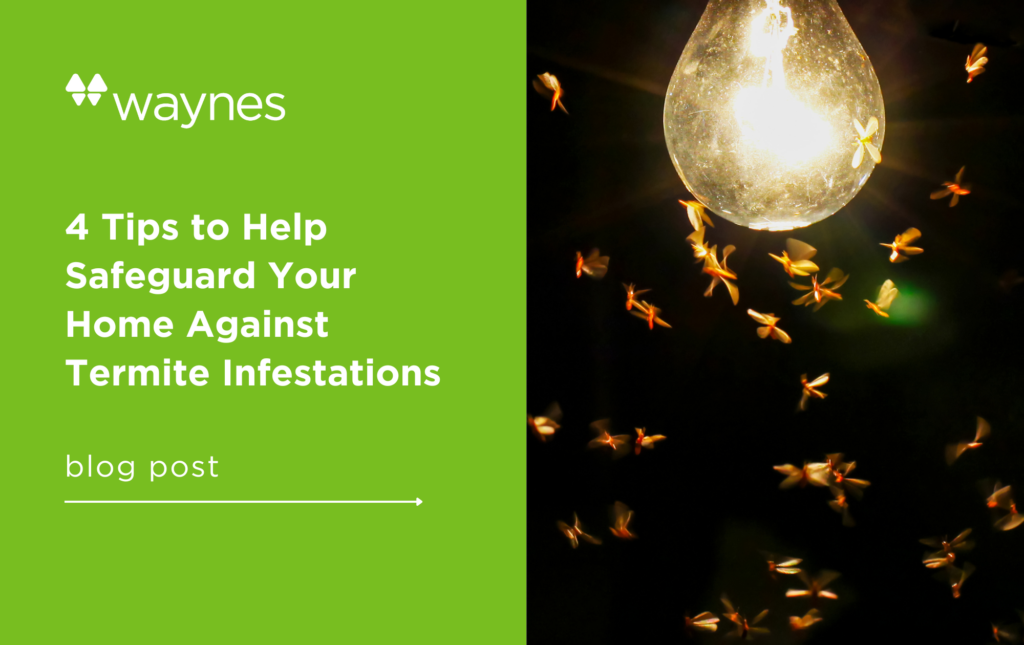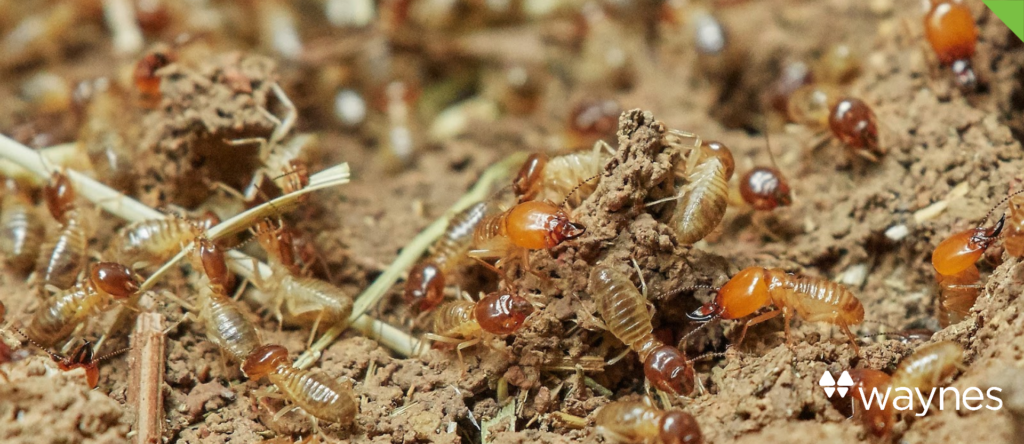Fun fact: fire ants are not native to the US. They snuck into Mobile, Alabama, while aboard a cargo ship from South America over 100 years ago. Unfortunately, they have been here ever since.
During their century-long stay in the States, they explored and settled in thousands of different cities but mostly prefer the South due to the warm soil temperature.
Where You’ll Find Fire Ants
If you live in Louisiana, Mississippi, Alabama, Georgia, Florida, or South Carolina, chances are you have some fire ants for neighbors.
Fire ants have also made their home in many counties in Texas, Oklahoma, Arkansas, Tennessee, and North Carolina. See if they’re near you!
A few of these red-hot pests have gone as far as California, New Mexico, and Virginia.
Fire ants prefer the warm and moist climates that the South has to offer. That, plus the lack of natural predators, means that these pests are unlikely to pack up and go home to South America anytime soon.
How to Spot Fire Ants in Your Yard
So, fire ants live in your city. That’s manageable, right? The fire ants that live in your yard, though, not so much.
Ants are an unideal backyard squatter, but fire ants pack a particularly painful punch.
Fire ant mounds will primarily be in sunny areas. Unlike other ant mounts, there won’t be a visible hole at its peak. Other ants use this hole as an exit point, but fire ants prefer to exit through their underground tunnels.
These colonies can contain over 200,000 ants, and their tunnels often extend up to 25 feet from the mound.
How to Get Rid of Fire Ants
Fire ants are not a pest problem to take lightly — after all, they’re called “fire” ants for a reason.
If you find a fire ant mound in your yard, there are a few ways you can attempt them yourself, but be careful. Our recommendation is to pour boiling water over the mound. The hot water can seep through their tunnels and kill the ants and their eggs. If doing this method, wear close-toed shoes and long pants, and back away from the mound as quickly as you can after dumping the water. You don’t want to be close to any that elude the burning bath!
Here are a few other ways to get rid of them!
While the hot water method can do some damage, fire ants are resilient. Even if you eliminate 90% of the colony, they can completely repopulate and resettle in your yard in a matter of weeks.
For a total elimination solution, you should trust the pest control experts. Waynes provides environmentally-friendly pest control solutions that not only get rid of pests, but prevent them from making a reappearance. Concerned about a fire ant problem? Let us know!









